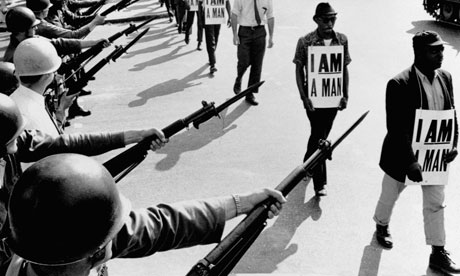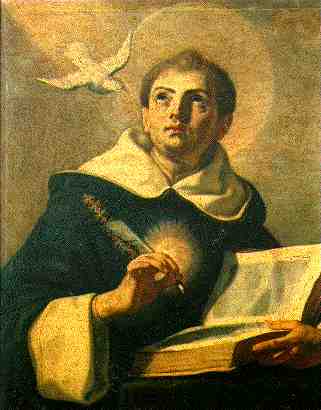Monday, October 15, 12:00-1:20 pm. Swift 201.
“Two Traditions in Virtue Ethics: Christian Virtue and the Depoliticization of Aristotle”
The Theology Workshop will welcome Jacob Swenson, PhD Student in Philosophy, for a presentation and discussion on the de-politicization of Aristotle’s practical philosophy. He will contend that modern Aristotelians have fundamentally misunderstood Aristotle’s concept of human excellence, reducing his concept of the political to the level of the social. By sketching the rise of a distinctly Christian form of virtue ethics in the early middle ages, Swenson will frame two distinct, and often conflicting, traditions of thought about the virtues, giving a genealogy of the features particularly pertinent to the subsequent rediscovery of Aristotle in the 13th century: (1) the Latin re-conceptualization of certain Greek virtues in a Christian mold, (2) the re-envisioning of the end of virtue such that it entails a comprehensive Christian worldview, and (3) the emphasis on virtue as a feature of personal piety that is best exemplified in close-knit social relationships. We will consider and discuss Swenson’s argument that the project of the Latin fathers, while substantial in its own right, has perpetuated a mistaken interpretation of Aristotle’s practical philosophy — which has continued into the rise of contemporary neo-Aristotelian virtue ethics and its relation to the political order.
Brian Herlocker, PhD Student in Philosophy of Religions, will respond. No advance preparation is expected of workshop participants, but the paper will be made available through the Workshop listserve for those who would like to prepare.
This workshop is free and open to the public. A light lunch will be served.
Persons with a disability who believe they may need assistance, please contact Aaron in advance at athollander@uchicago.edu.


 Augustine of Hippo has had a veritable renaissance in modern scholarship, yet in a variety of different ways and disciplines. Together, the Religion & Ethics Workshop and the Theology Workshop are launching their programming this year by bringing together three scholars whose own work has been deeply touched by this figure. Eric Gregory (Princeton), Charles Mathewes (UVA) and Willemien Otten (University of Chicago) have recently produced influential but very different books on Augustine in the last few years. Prof. Gregory has written “
Augustine of Hippo has had a veritable renaissance in modern scholarship, yet in a variety of different ways and disciplines. Together, the Religion & Ethics Workshop and the Theology Workshop are launching their programming this year by bringing together three scholars whose own work has been deeply touched by this figure. Eric Gregory (Princeton), Charles Mathewes (UVA) and Willemien Otten (University of Chicago) have recently produced influential but very different books on Augustine in the last few years. Prof. Gregory has written “
 Talking Queer—Sexual Theology for the Whole Church
Talking Queer—Sexual Theology for the Whole Church

 Wednesday, April 11, 4:30 PM
Wednesday, April 11, 4:30 PM